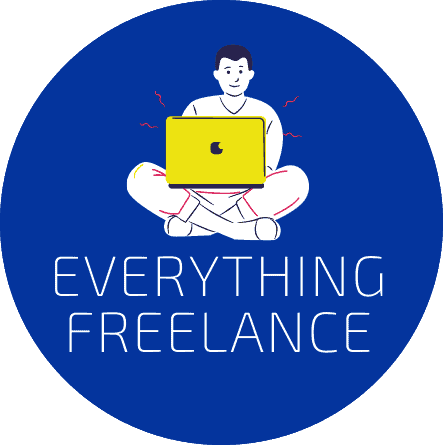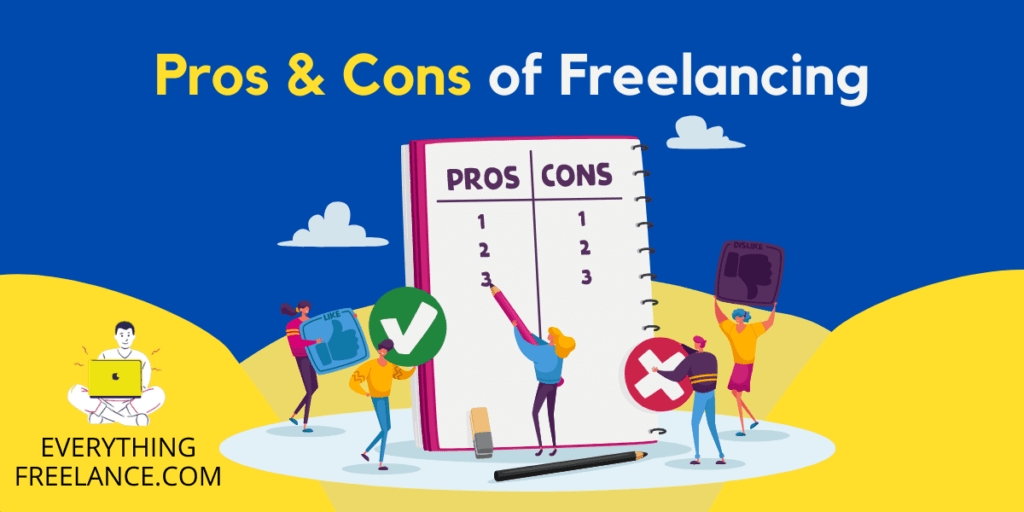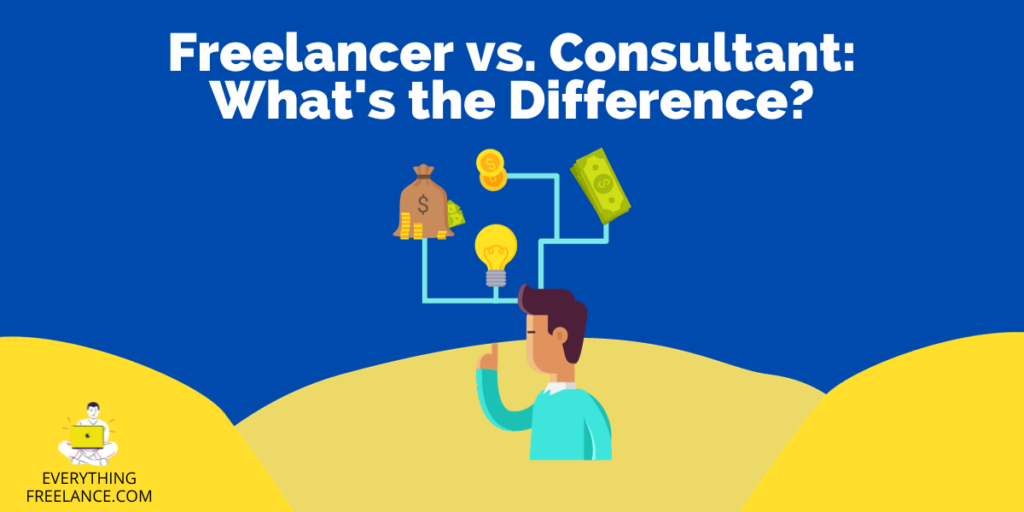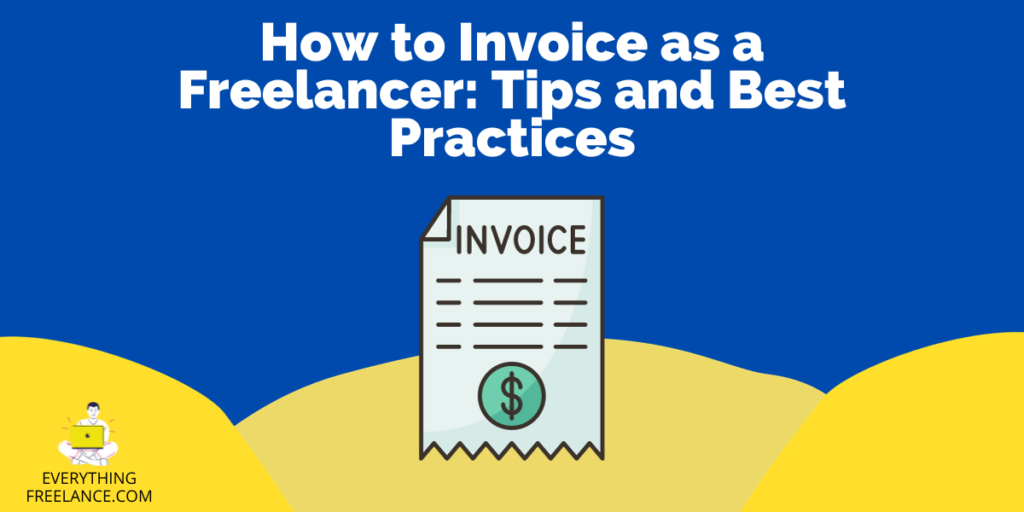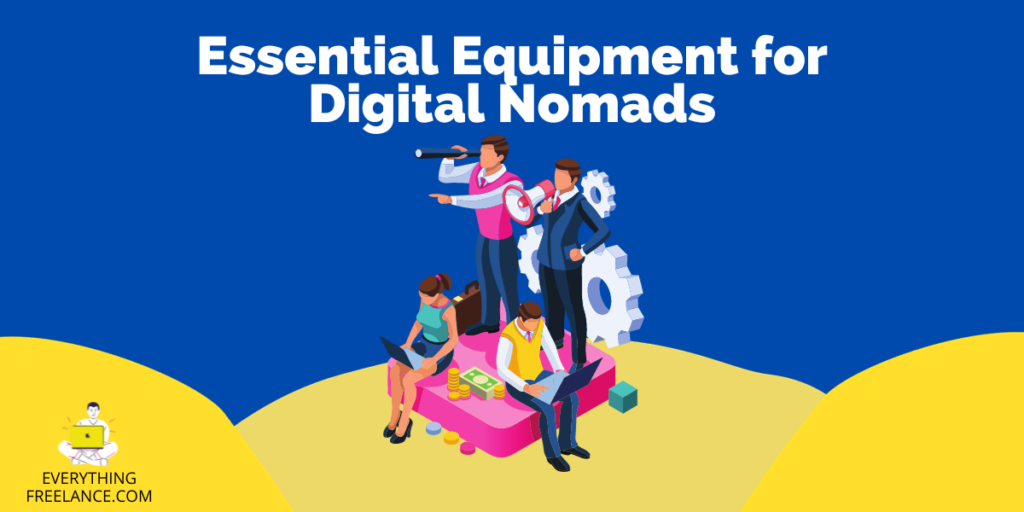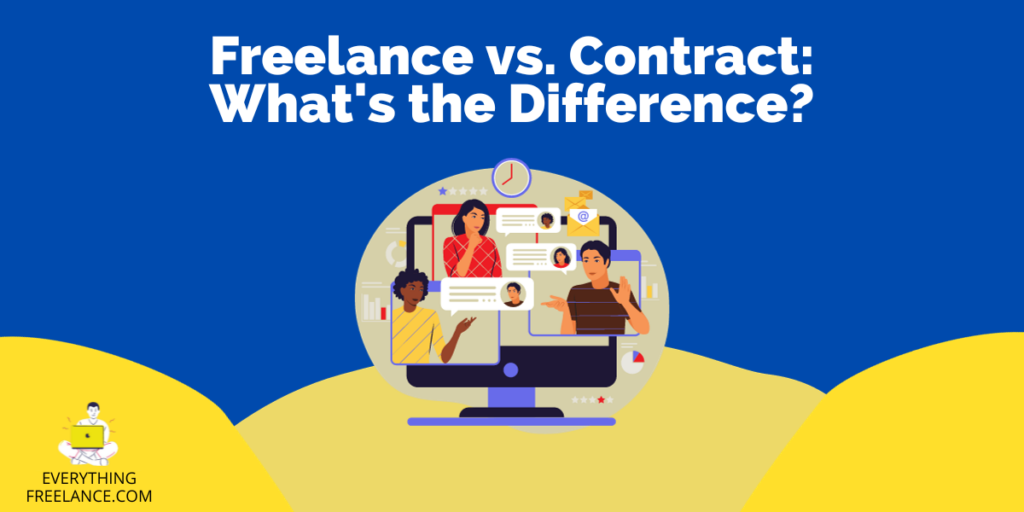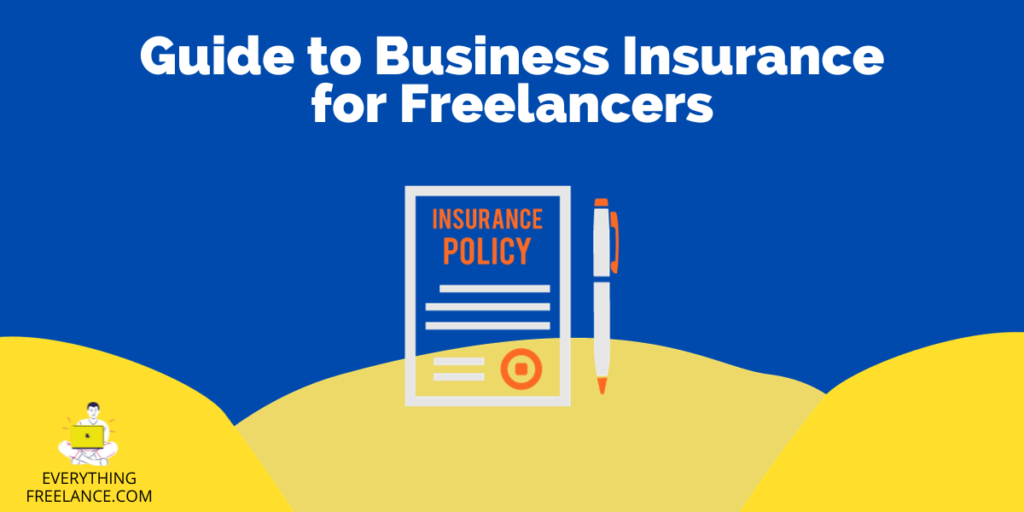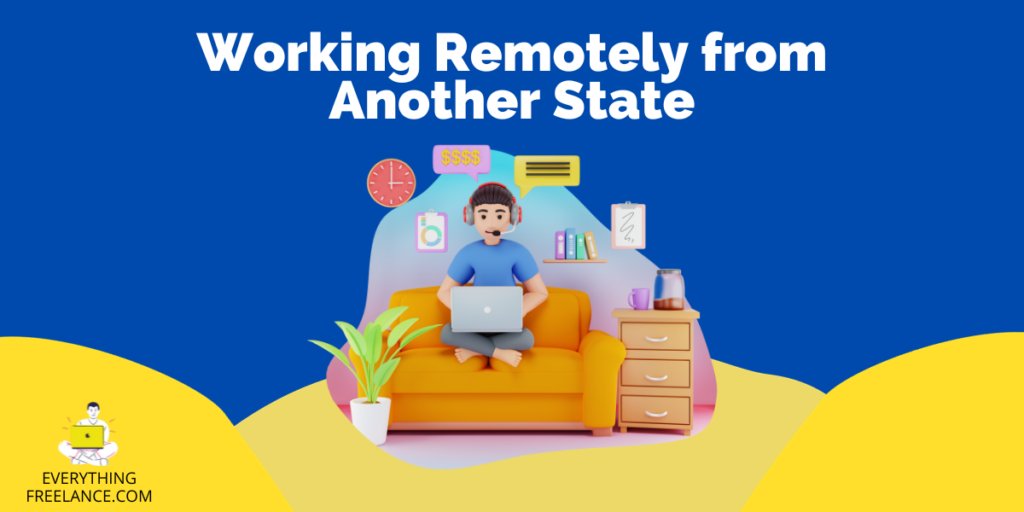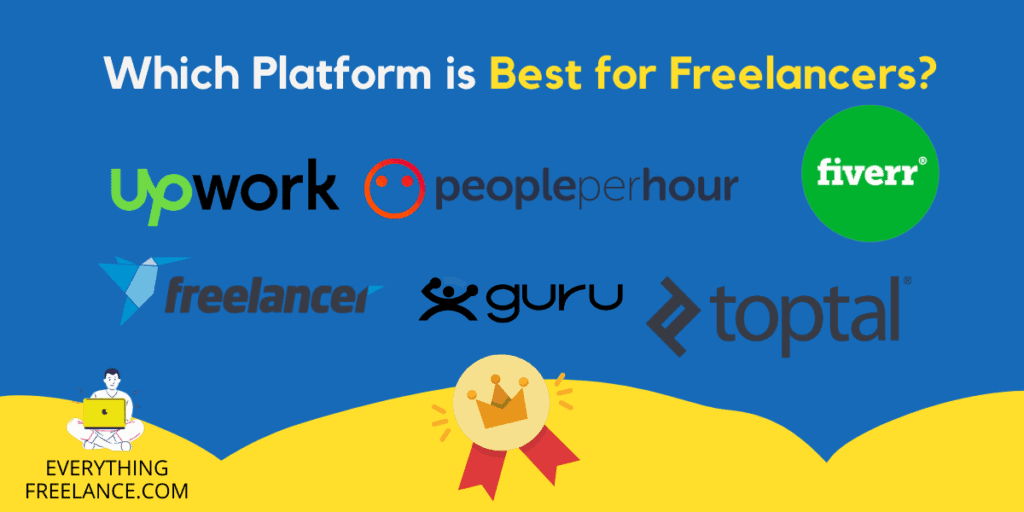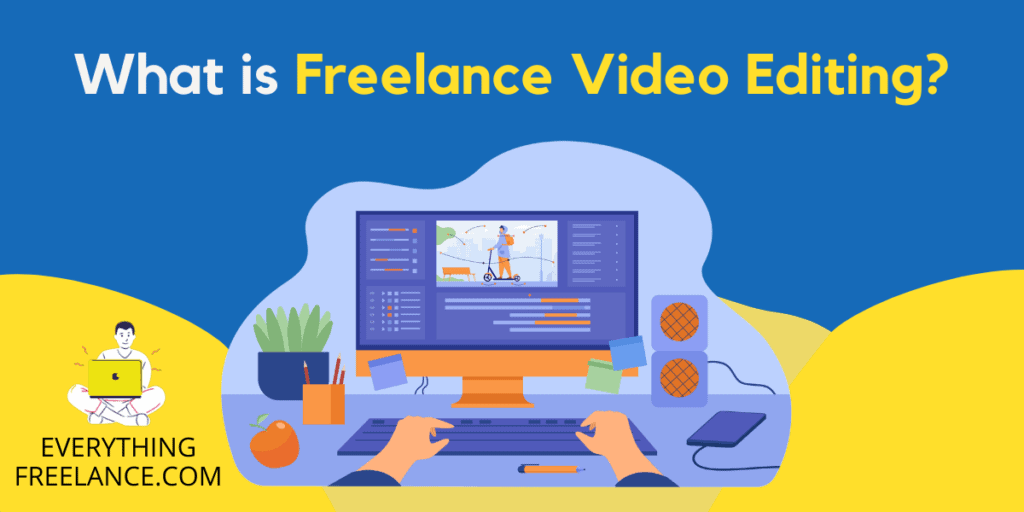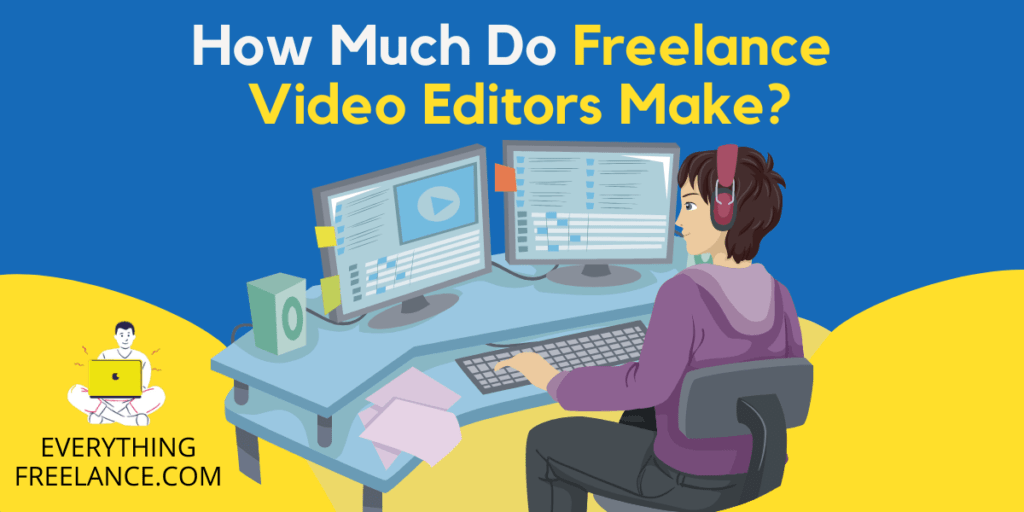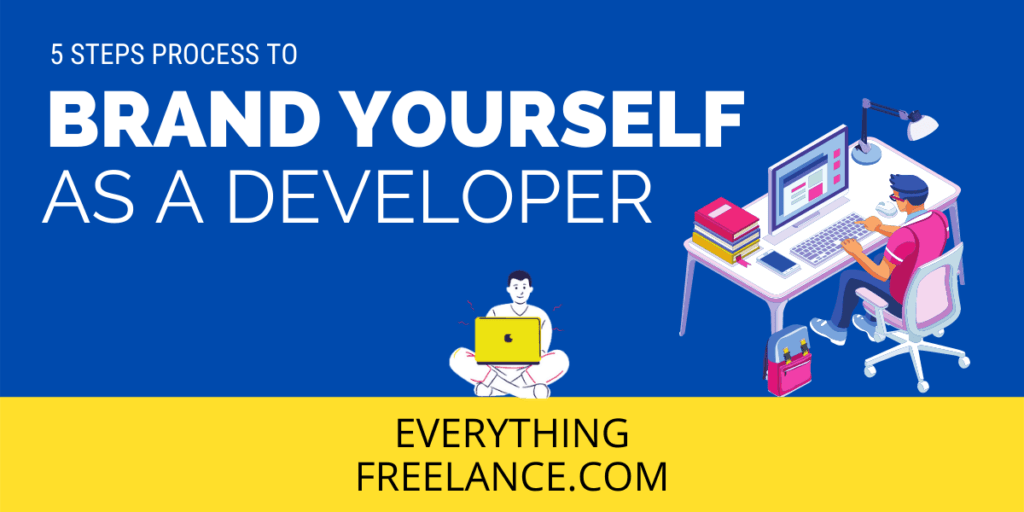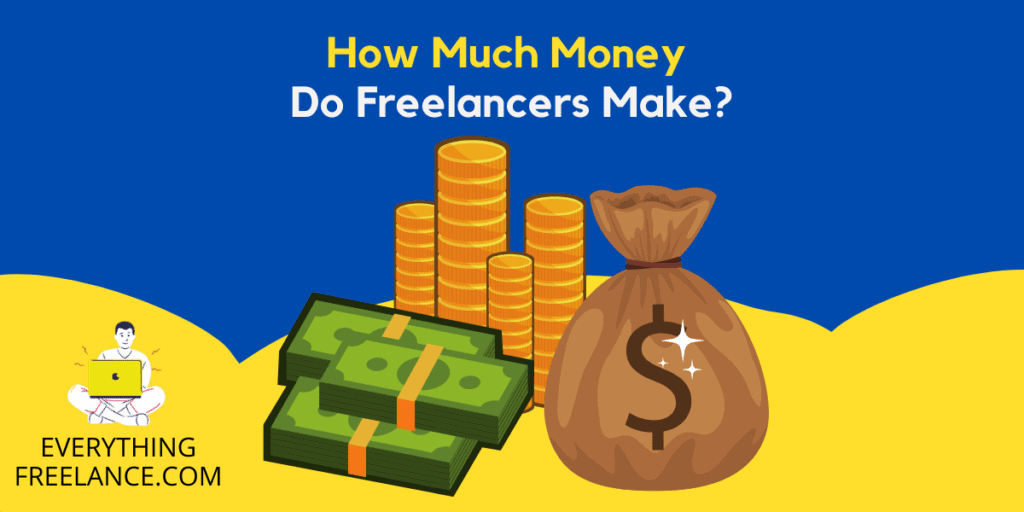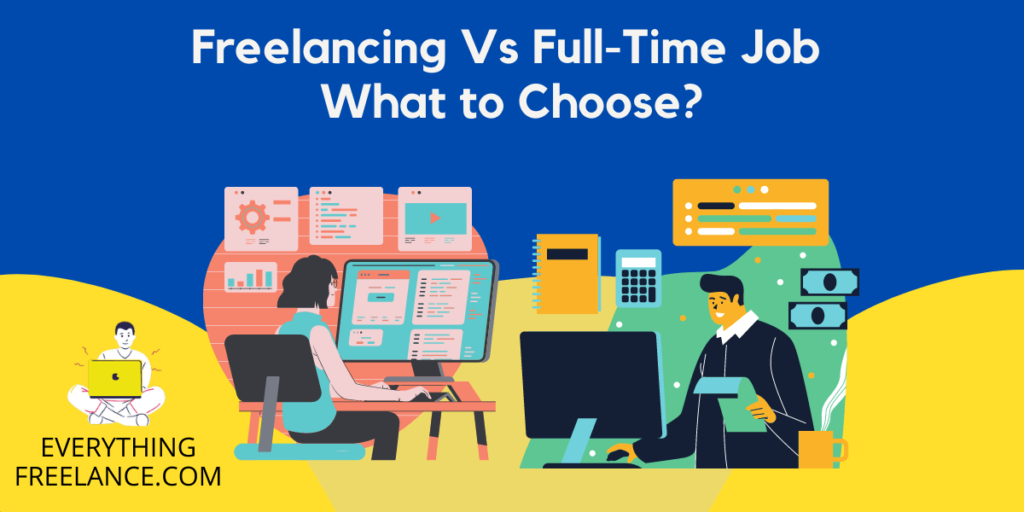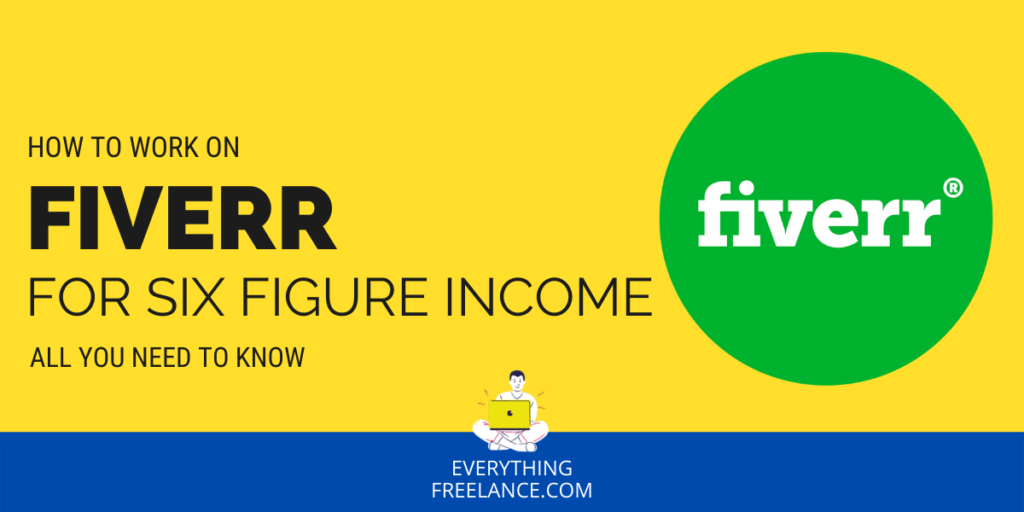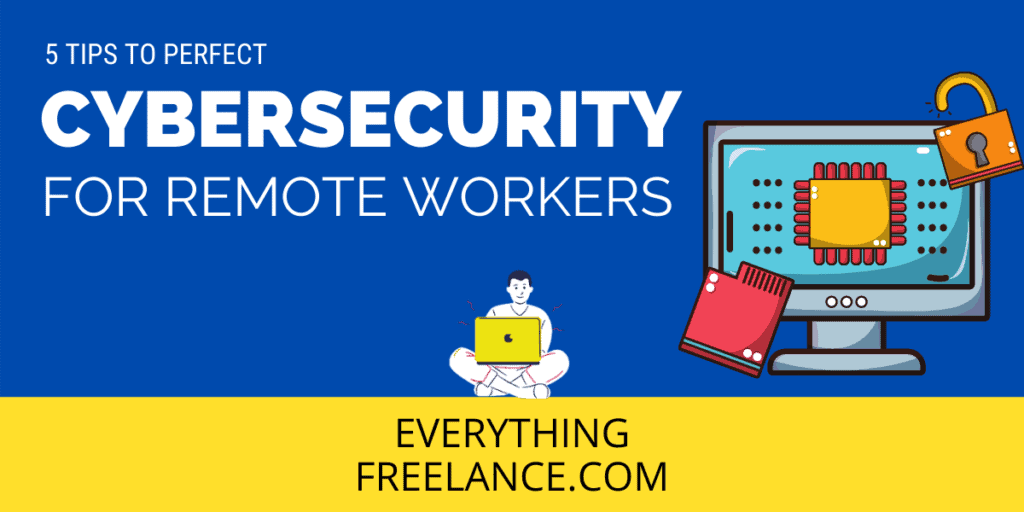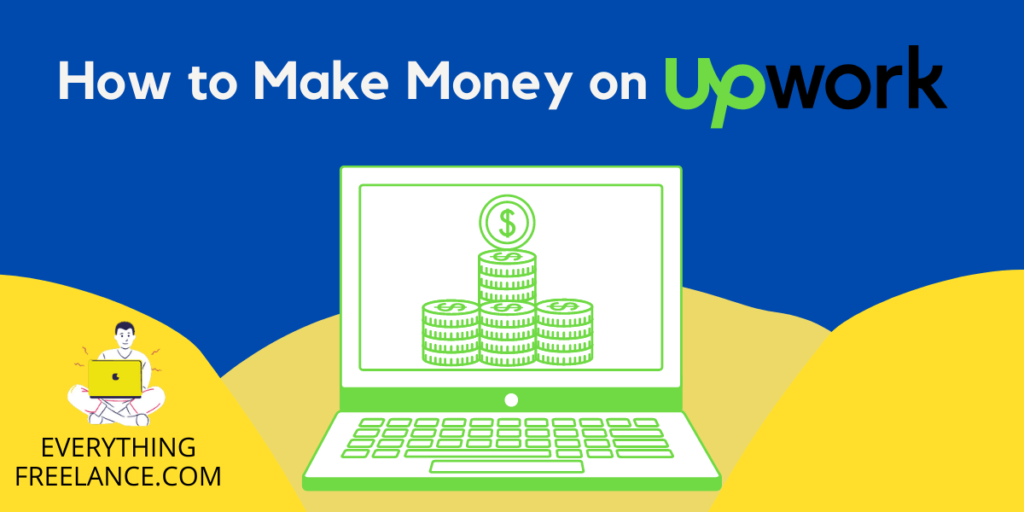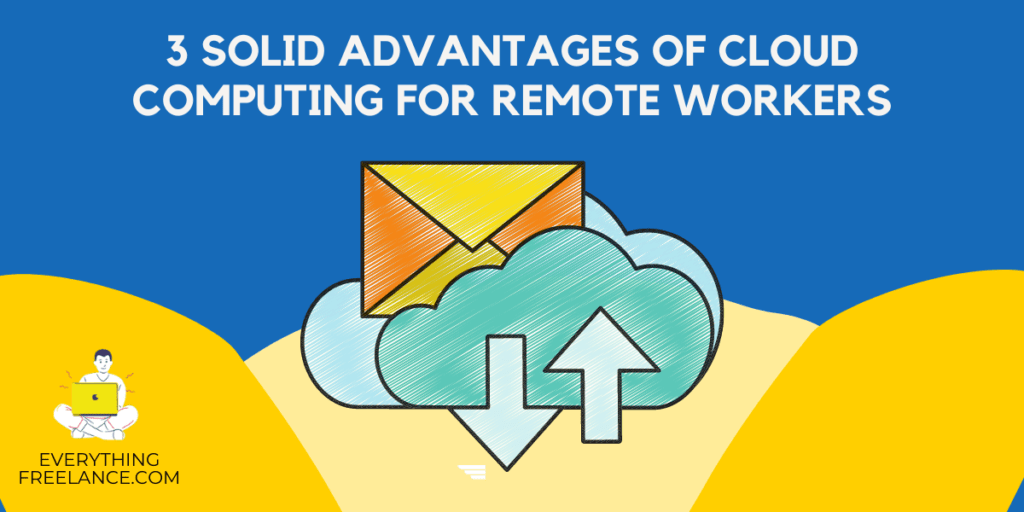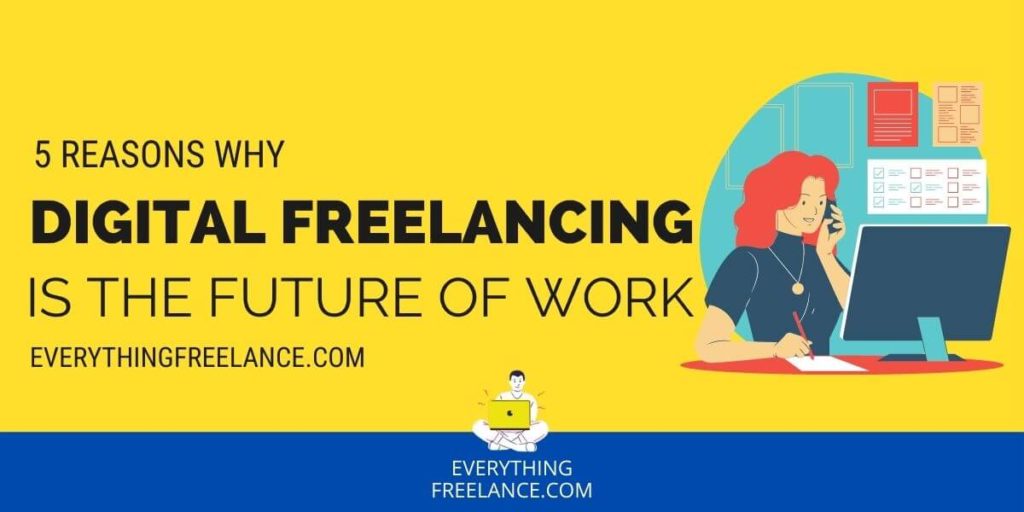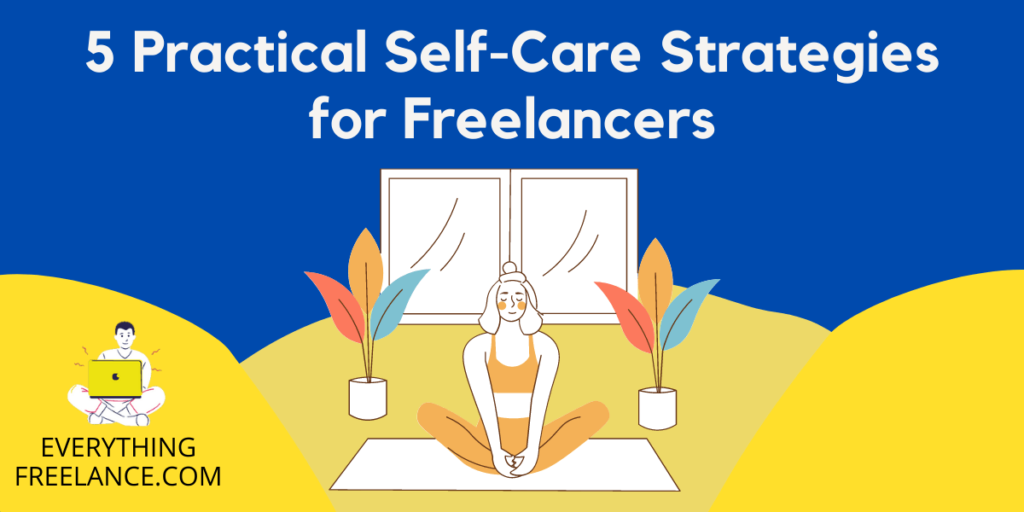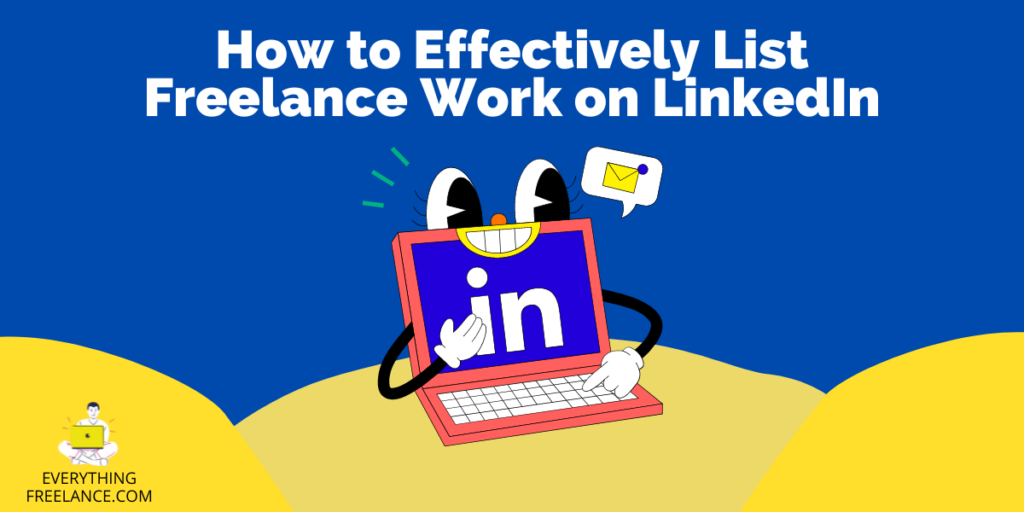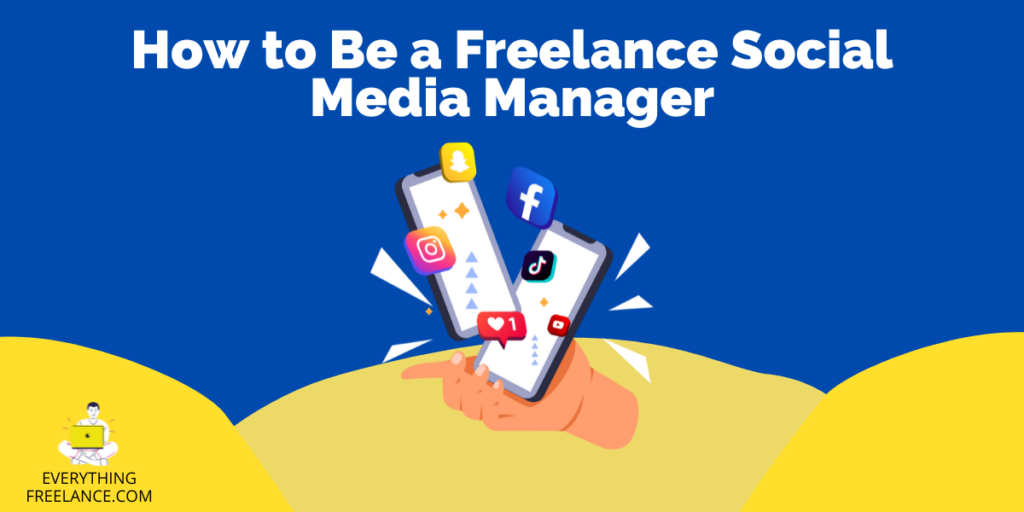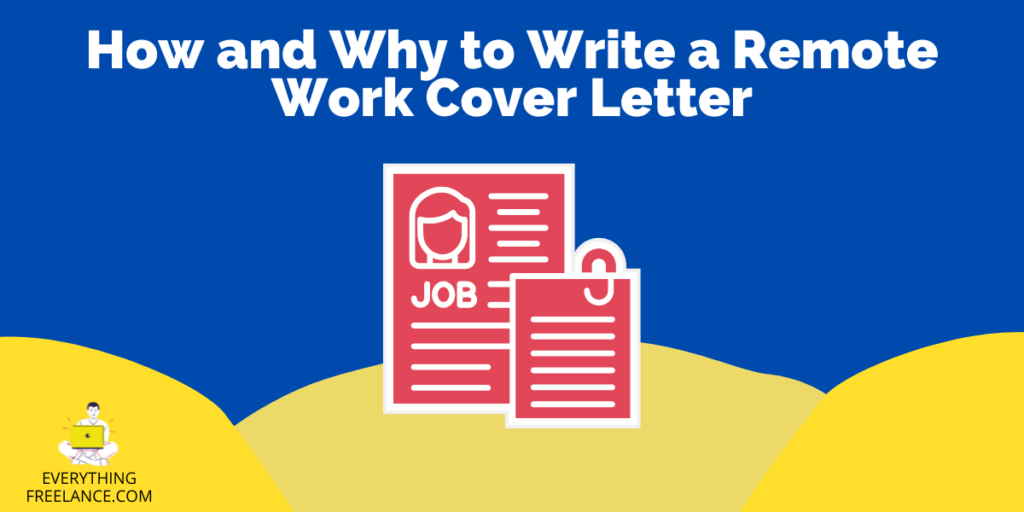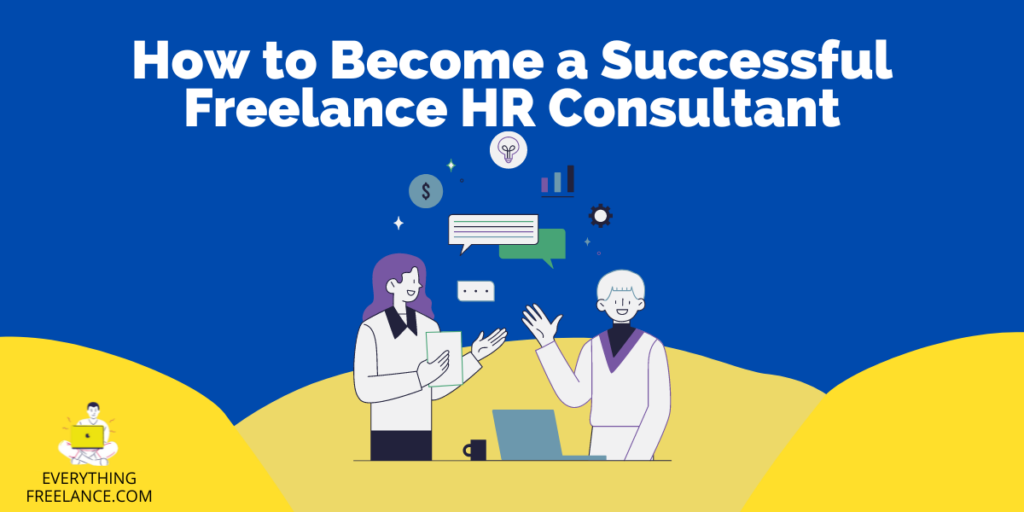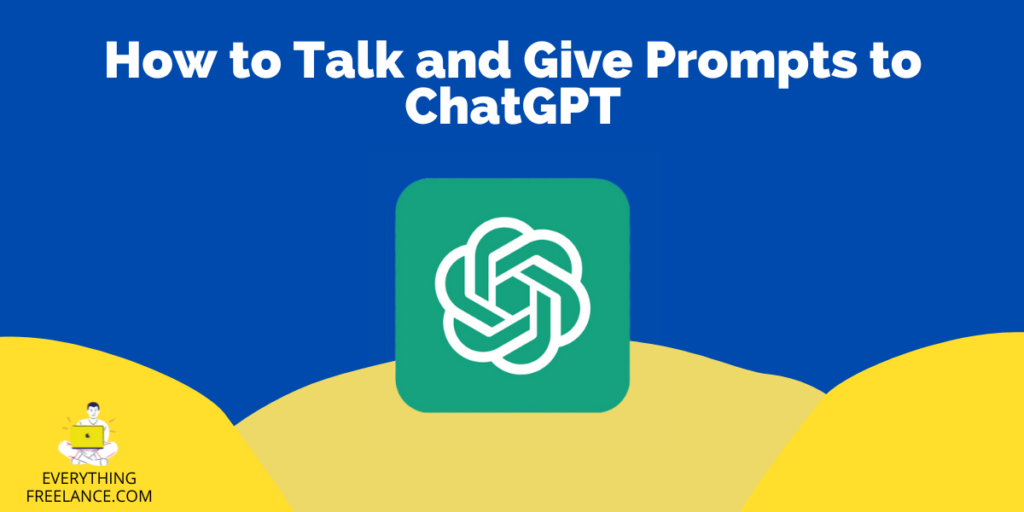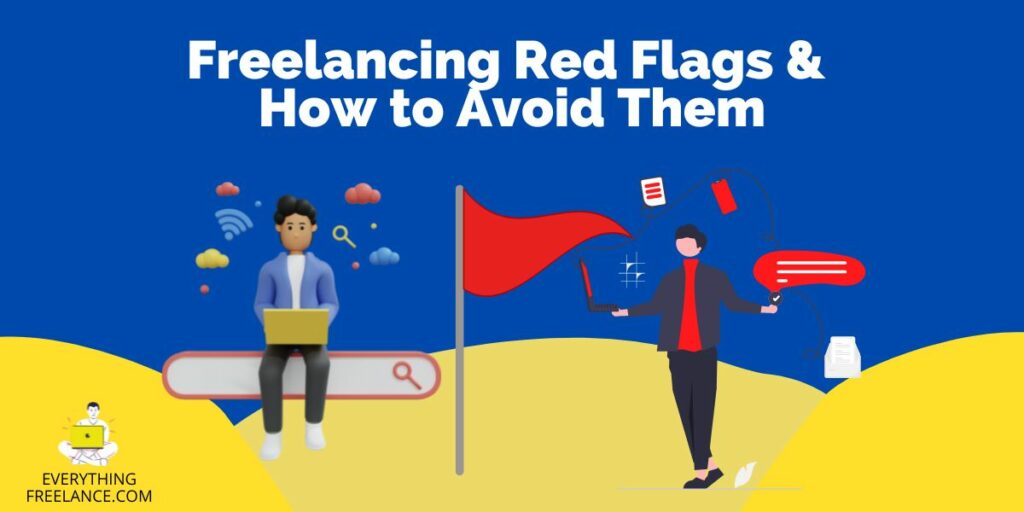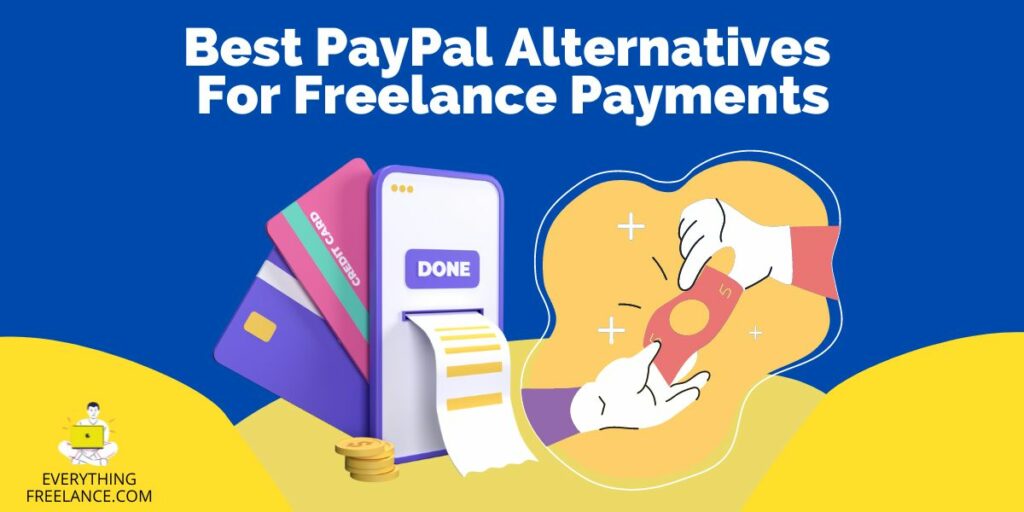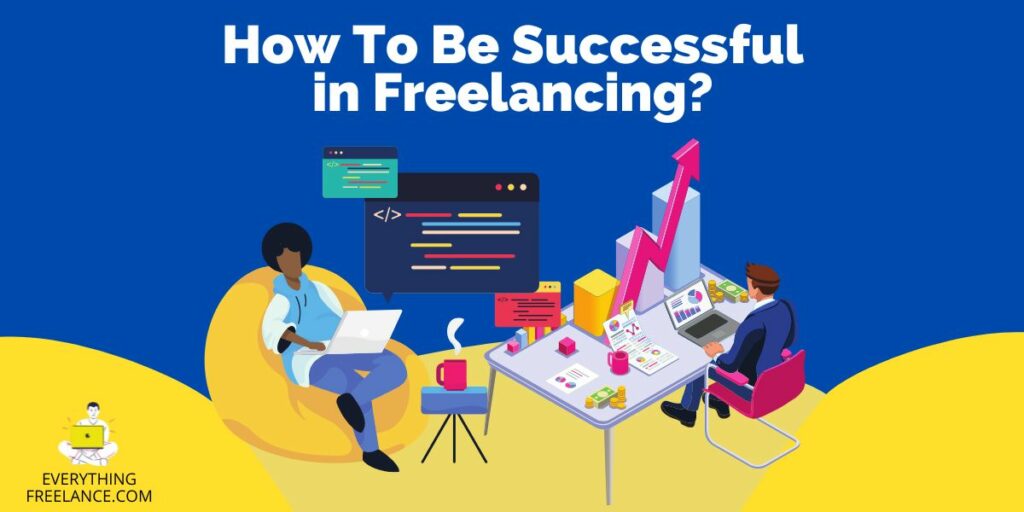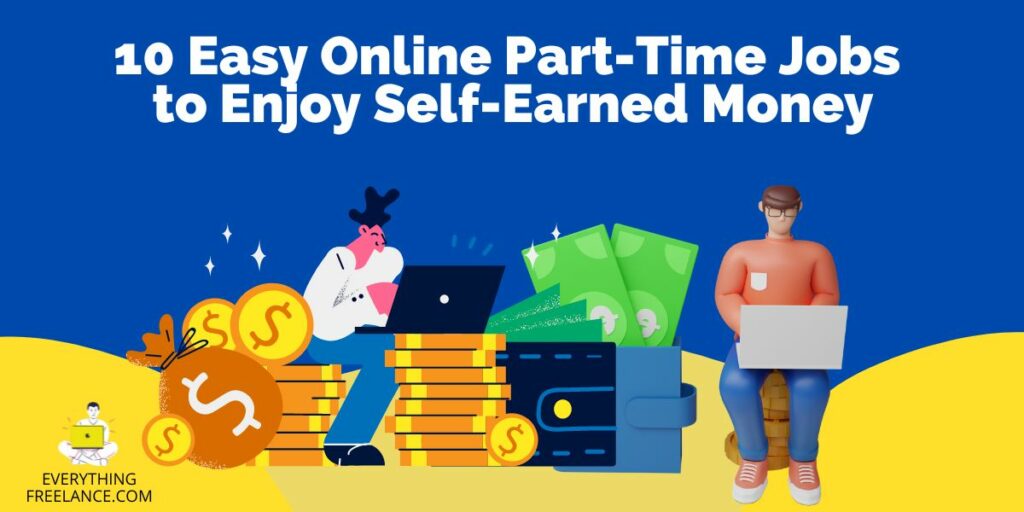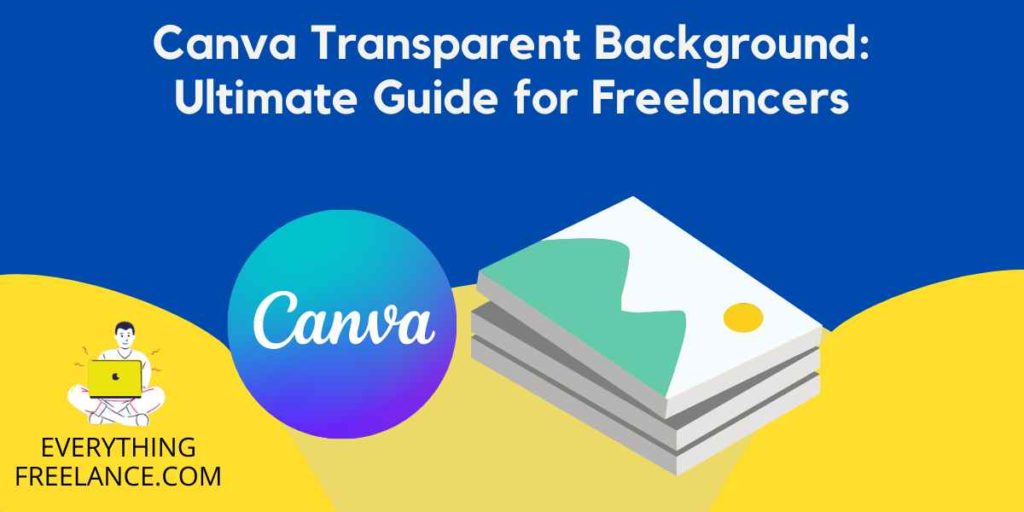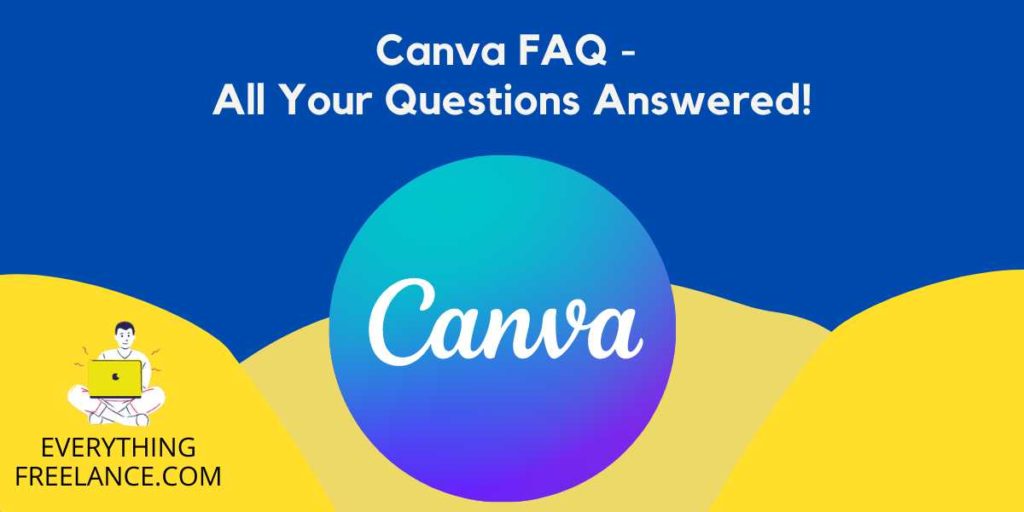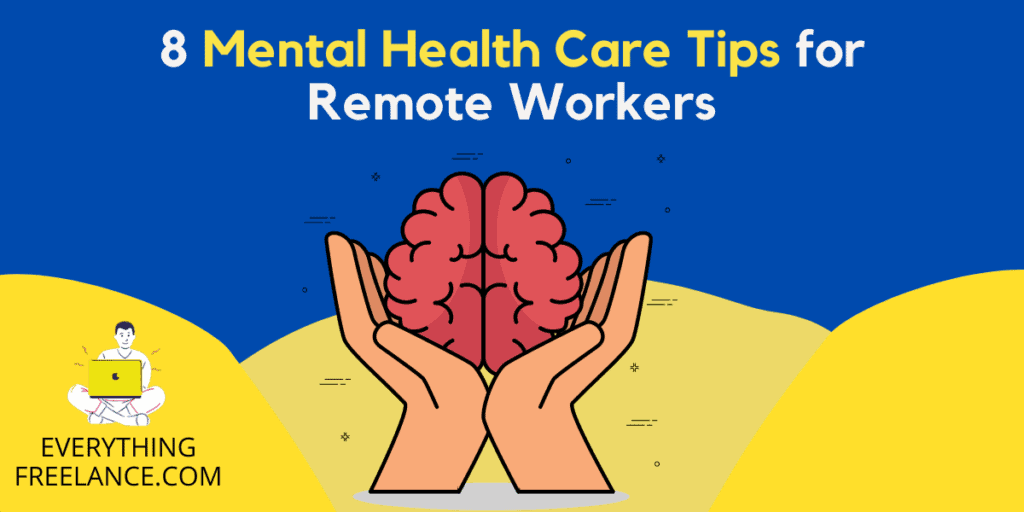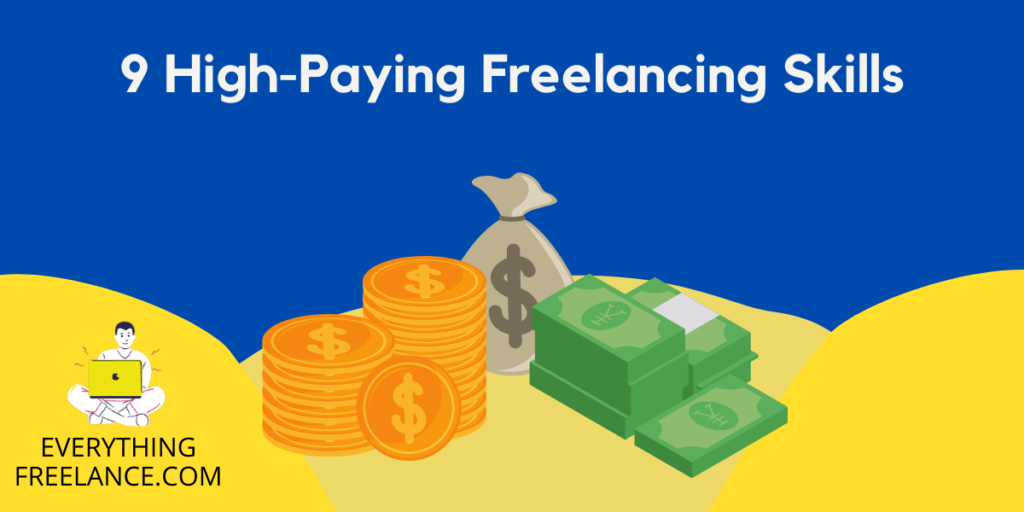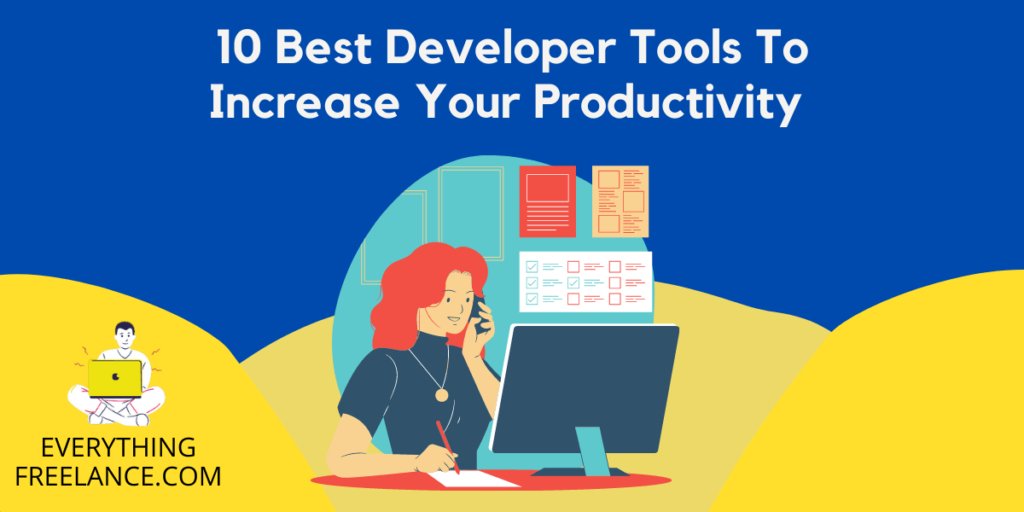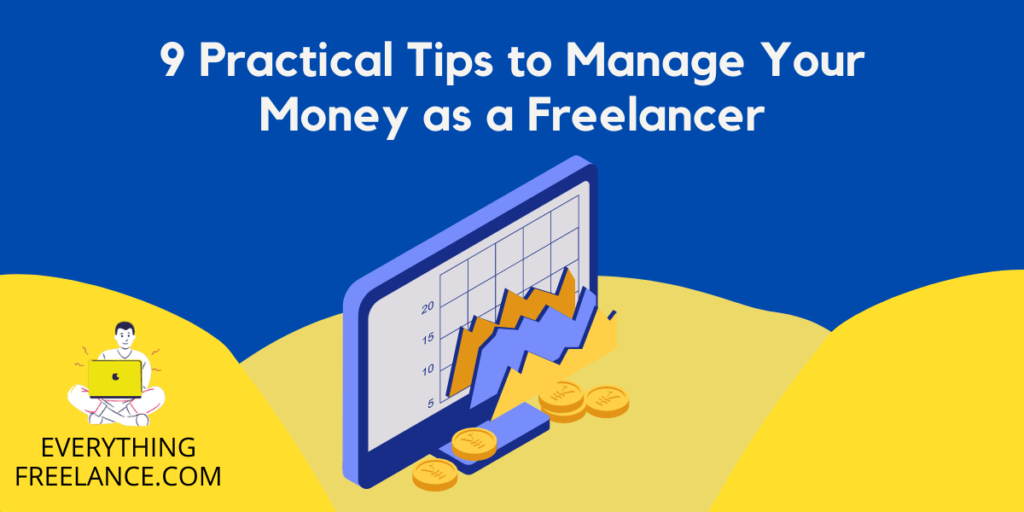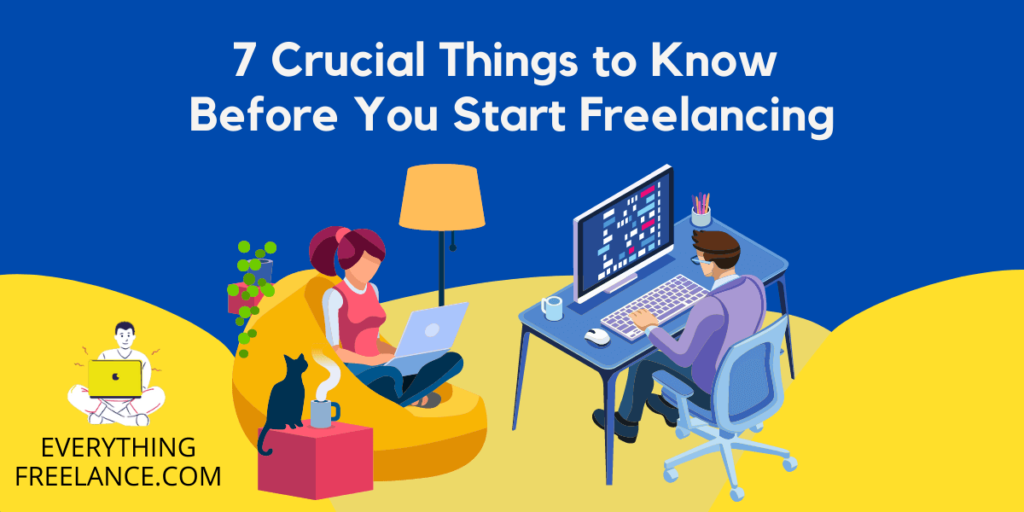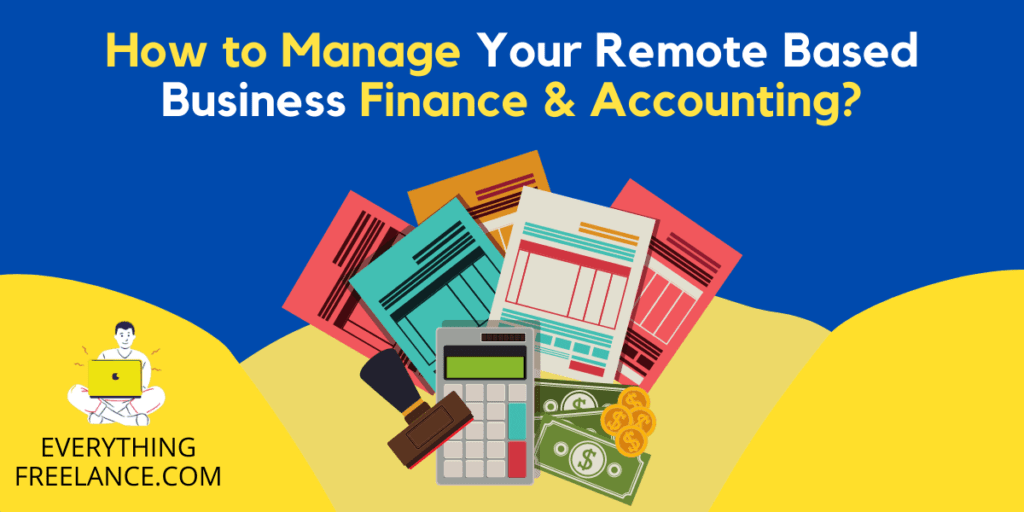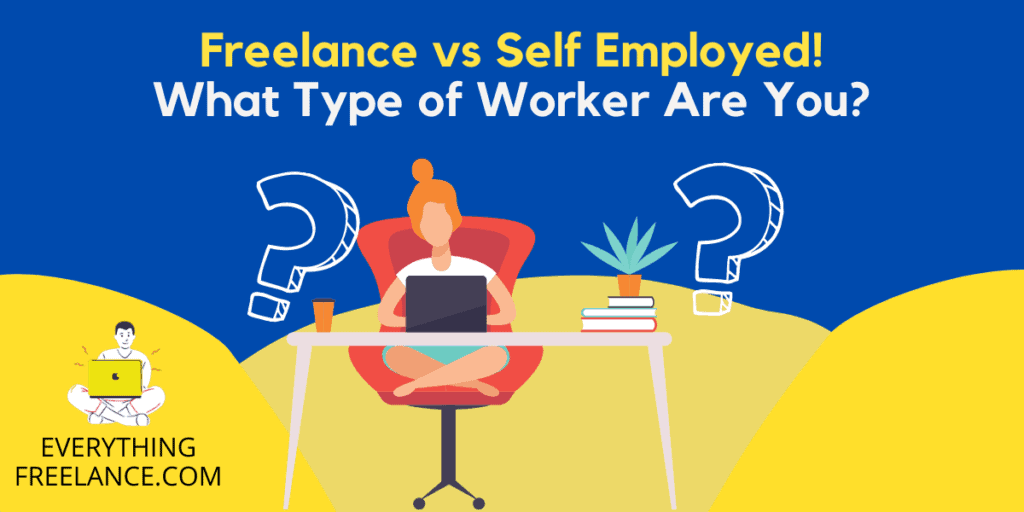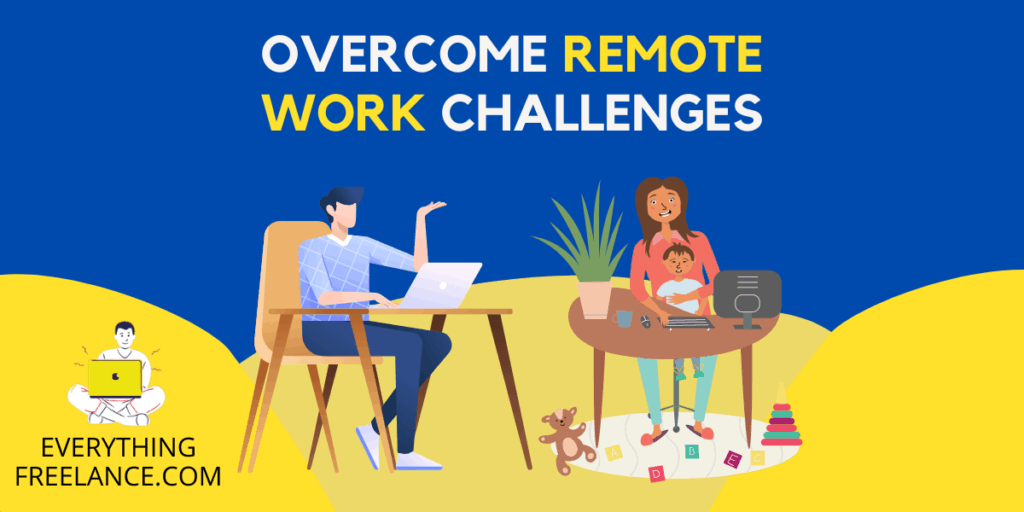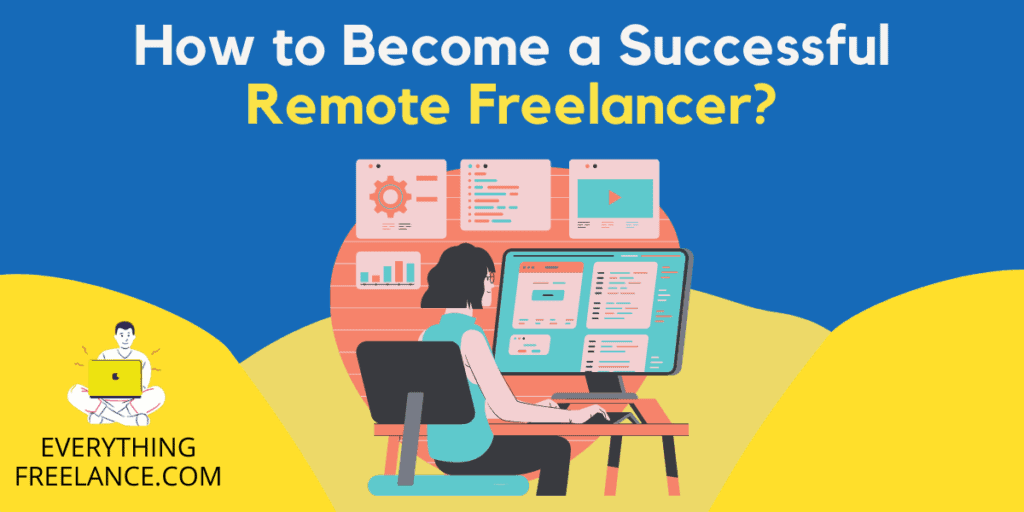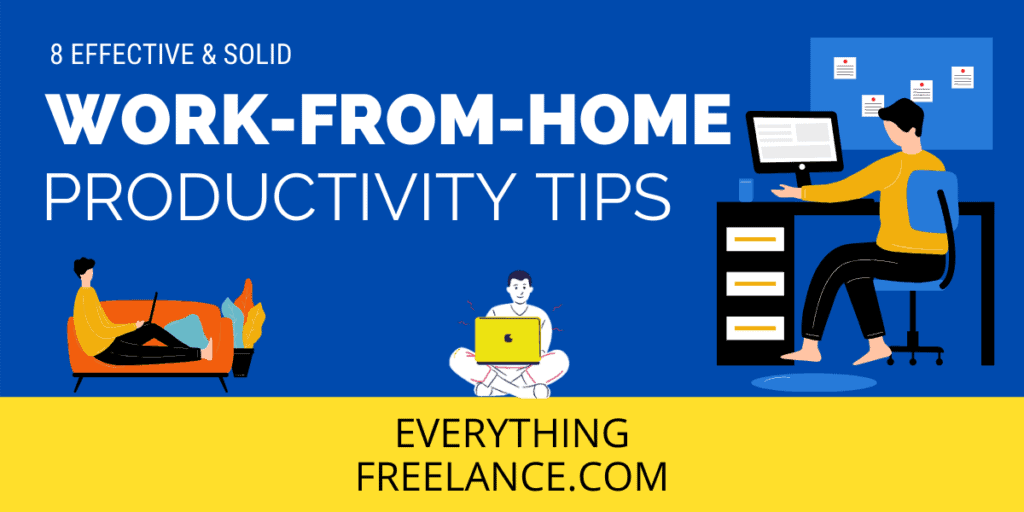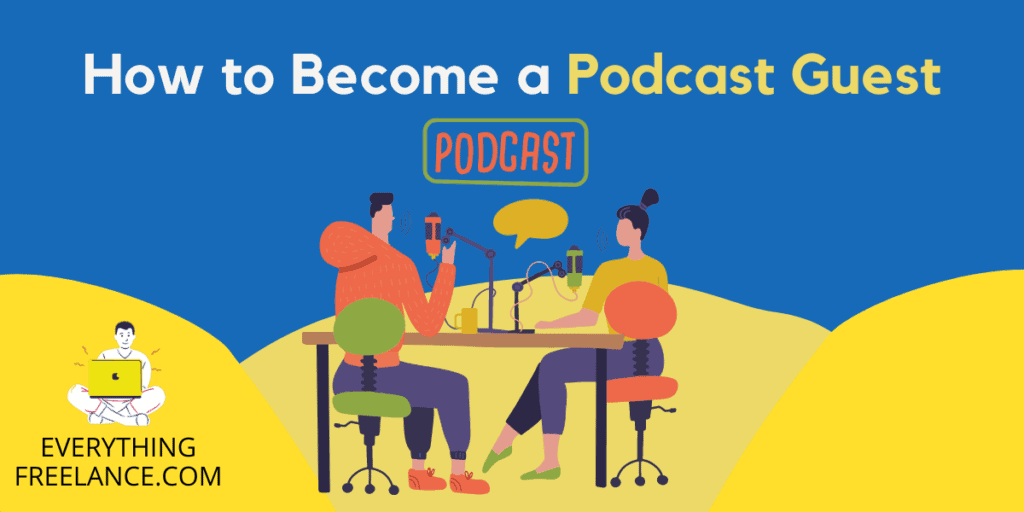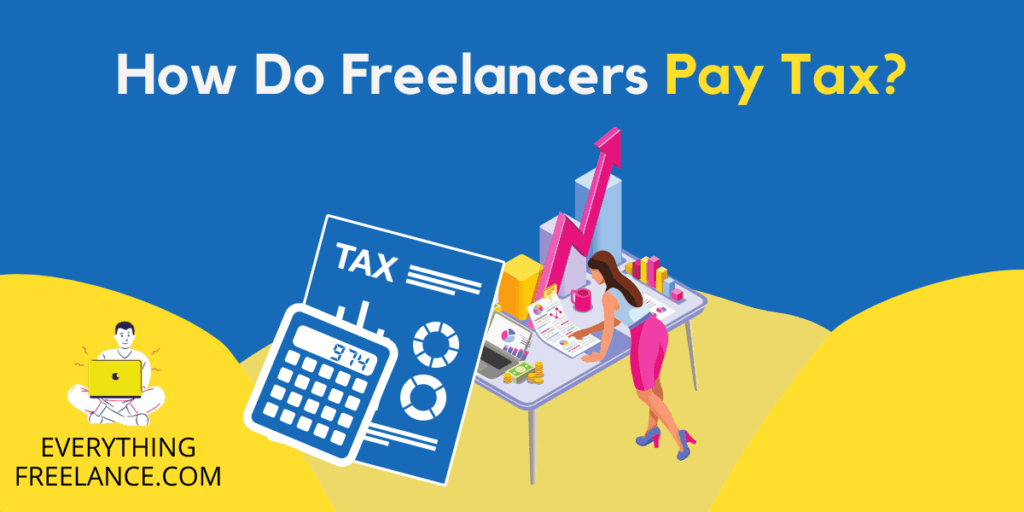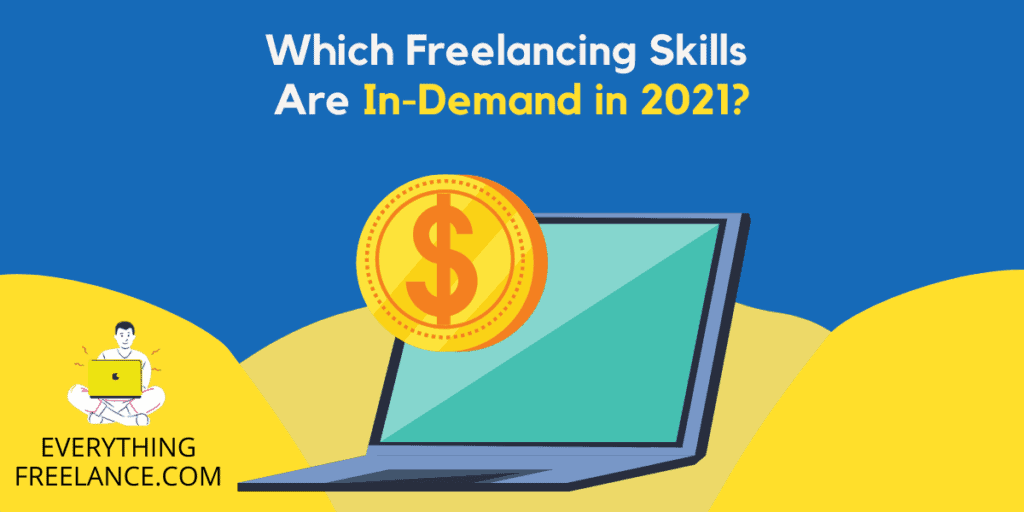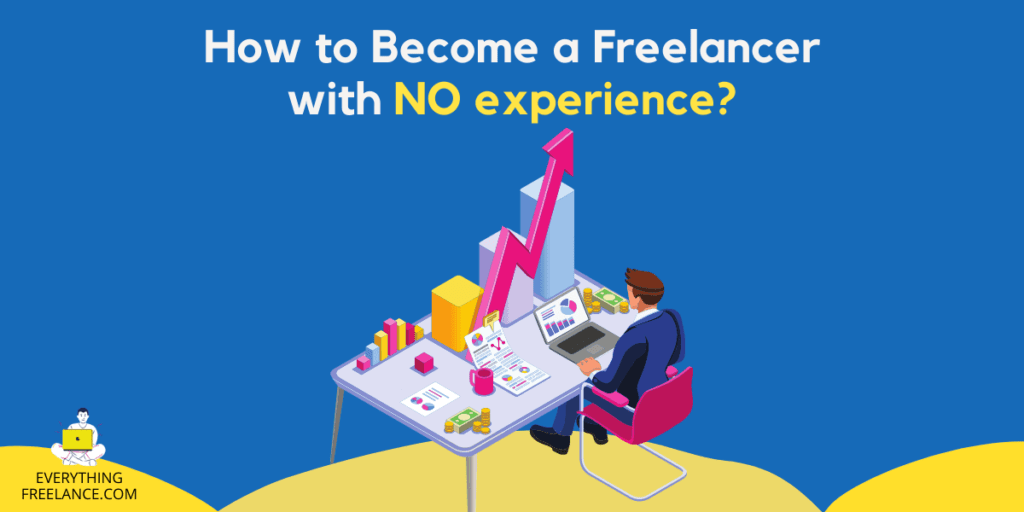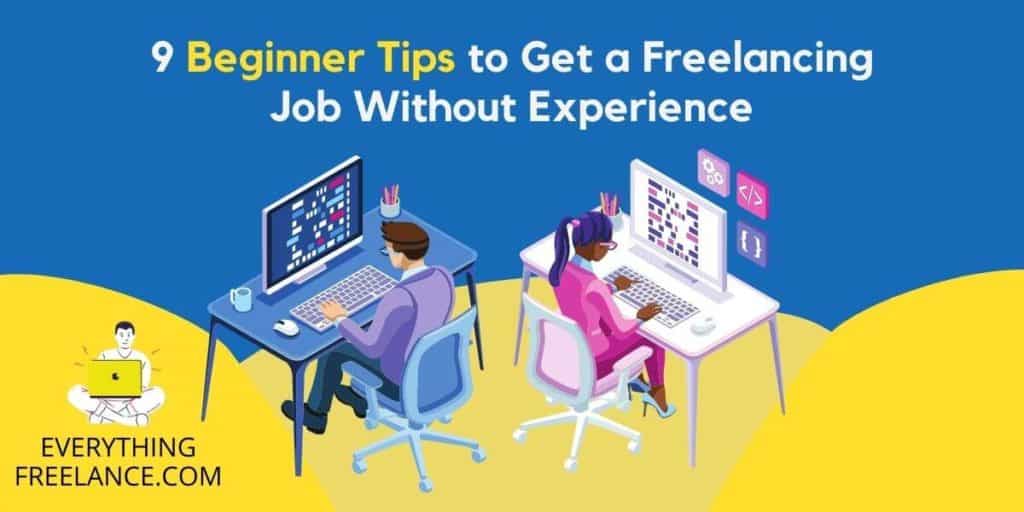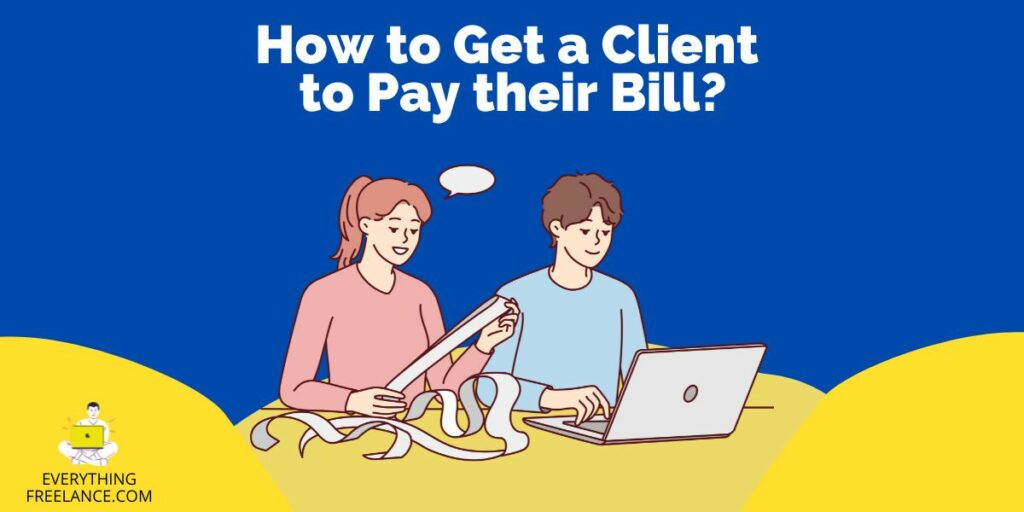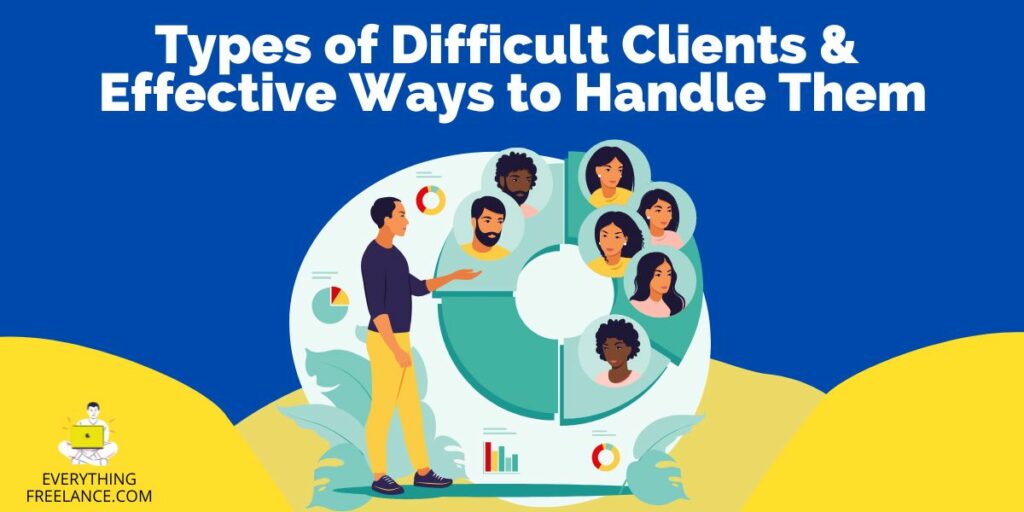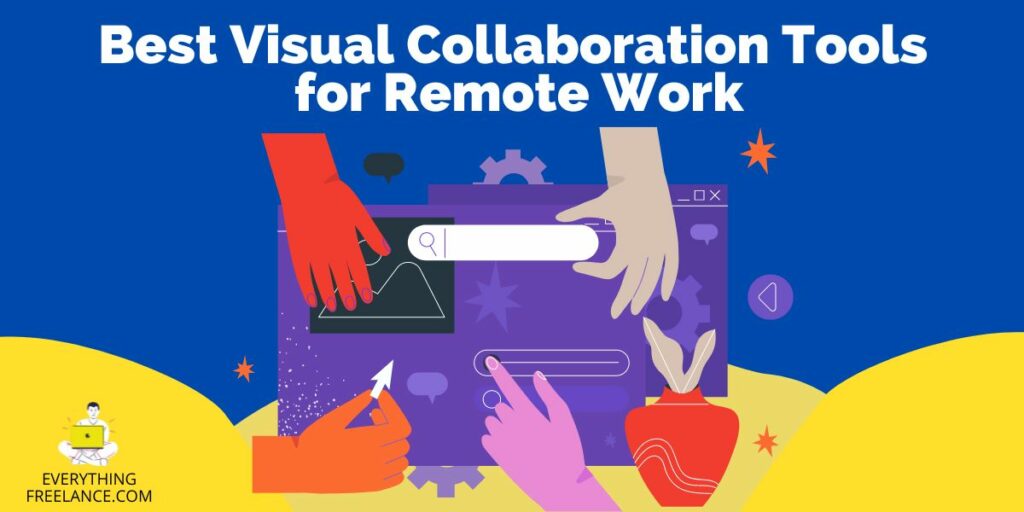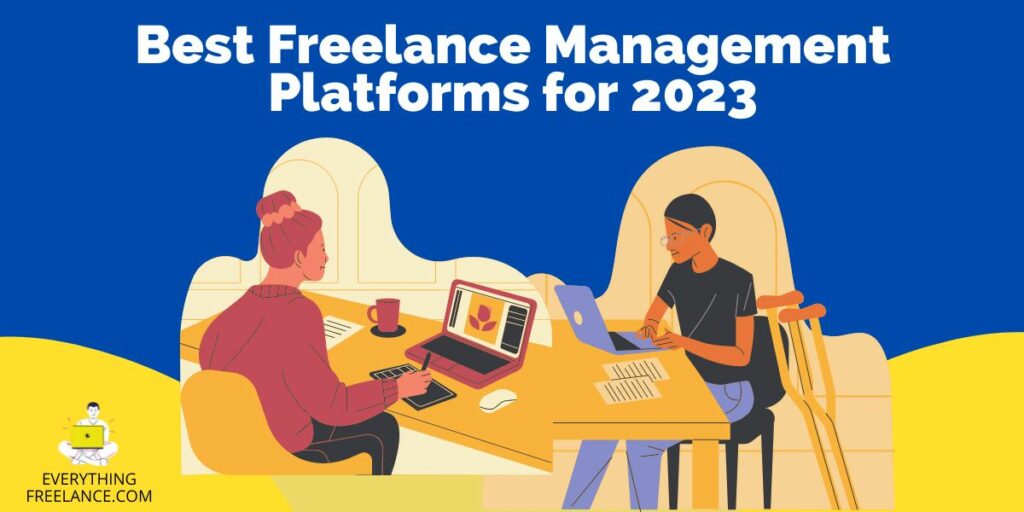Nowadays, people think of going freelance, but they don’t know where to start. Most people have a full-time job, or some might have lost the job due to a pandemic and thinking about going freelance. It might be any reason for someone, but if someone thinks of doing freelancing, they should know that freelancing holds many potentials.
Many people who are becoming self-employed freelancers experience the freedom and perks it offers. There is a range of advantages to being self-employed. One can schedule the day as he wants to works and when it’s needed, can spend much-needed time with your family. Thanks to the internet, it is easier than ever before. You need to have an account, and an excellent portfolio to find some gigs.
Going freelance also bears some risk, as sometimes it takes time to get your first gig. Your income can be disturbed initially, but you have to be more consistent and responsible. If you are prepared for the common downfalls early in your freelancing career, you can plan the alternate to prevent yourself and ensure your success as a freelancer.
Here’s an honest guide to some of the pros and cons of being a freelancer.
The Pros
The Flexibility
Flexibility and freedom are one of the key benefits that freelancing allows. If you are restricted, whether you are concerned about work-life balance or worry about childcare, freelancing can offer you refuge. Freelancing allows you to set your working hours, how long you work, and from where you work. This enables freelancers to spend their loved ones or take care of their children while still working. Remember that organization is key. You will still have to work for a solid number of hours to make your freelance business work.
There is no dependency on one income stream
In the past, a steady paycheck at a full-time job was considered stability. However, with many industries collapsing, freelancing has become an essential financial buoy like manufacturing and journalism. When you are a freelancer, you don’t have to wait for a slight increase in your salary every year. Once you establish yourself as an expert in your field, the more you work, the higher your income will be. Studies revealed that freelancers make more money than they did at full-time jobs because they have varied income streams. Freelancers can also increase or decrease their workload at any given time. You only need to develop strong contacts.
Be your own boss
If you are an employee and feel like being confined in your role, then freelancing may be for you. Freelancing allows you to be your own boss, and you can make all the decisions from the hours you work to the project you choose to work on. This allows people to flourish. If you want to succeed as a freelancer, be confident, and make yourself able to handle running a business.
There’s a healthy difference from office culture
It can be a great thing if you are mired in healthy office culture. However, many office cultures have problems from toxic structures to ageism to colleagues who chew their food too loudly. Freelancers have a distant relationship with their employers in which the interaction is limited to the project.
Build skills
As I mentioned earlier, you will be the owner of your freelance business. It will push you to enhance your skillset. It can also be a great way to expand your abilities. Additionally, if you focus on your own niche, you can become an expert in that niche by building your skills.
The cons
No built-in insurance
Freelancers do not receive benefits like unemployment insurance or health insurance. These are one of the most glaring problems freelancers have to face. Perhaps you qualify for a government-subsidized program or have a spouse who can add you to their benefits in an ideal situation. Otherwise, there is no solution to these issues right now. You will need to save considerably for health visits.
Continuous ups and downs
Many freelancers experience a period of success followed by a period of professional dips. They become accustomed to a lack of control and predictability. Over time, freelancers learn to own the fact that nothing Is permanent.
Irregular Income
Once you leave behind employment, you leave behind the security it offers in terms of regular income. You can consider it one of the most significant negatives of working as a freelancer. Freelancers always have to think about the next job. They will always need to engage with potential clients to get work actively. However, if a freelancer has strong bonds with clients, it takes away the strain of always hunting for freelance jobs.
Loneliness
Freelancing can make you feel lonely and isolated. The offices are crowded and full of distractions in the form of colleagues etc. In freelancing, you may find that working by yourself is not much fun. Colleagues can play a vital role in your support system. So, it is suggested to actively build your own network and support system instead of it being provided for you.
Admin Tasks
As a freelancer, you might expect only to be working in your field. For example, if you’re a content writer, you might expect only to be doing content-related work. However, when you’re a freelancer, you will need to carry out admin tasks too. This includes dealing with chasing invoices, business finance, etc.
Final Thoughts
Before you move forward with freelancing, you should clarify your financial status and how you will survive? Well, if you want to become a freelancer and have already planned, then go ahead with your plan. The main thing is about money, sometimes it gets harder to get it urgently as you are new to work, and it takes some time to gets yourself in.
If you want to be successful in freelancing, you should have excellent communication skills, a great deal of commitment, and excellent time-management skills to manage your workload. You should be an expert in your field. This will attract your client faster, and you can charge them more.
As a freelancer, you have to keep an eye on emerging trends and adapt quickly to developments that could benefit your business.
